Senegal
17.3
Population 2022 (Millions)
0.51
HDI Score
2021 (Max. 1)
61.8
SDG Score
2023
(Max. 100)
0.53
Gender Inequality
Index Score
(Max. 1)
85
Internet Inclusivity
Index 2022
(100 countries)
Overview
Projects

- Senegal, Sub-Saharan Africa (SSA)
- June 2023 - February 2025
- Resilient Livelihoods and Ecosystems
- Partner(s): WFP Innovation Accelerator (Funder)
After being selected to participate in WFP Humanitarian Innovation Accelerator Programme (HIAP), DPA has developed a project aimed at improving anticipatory action and response to climate-induced disasters in Senegal using OPAL for Humanitarian Action (OPAL4HA) by:
- Integrating diverse data sources such as call detail records (CDRs), earth observation (EO) data, qualitative data (surveys and interviews), official statistics, and user data to provide a holistic view of the crisis;
- Developing and testing the data model focusing on predictive analytics and pre-processed indicators of human displacement induced by climate shocks;
- Creation of a user-friendly query interface powered by Generative AI for timely insights;
- Automatic report generation to swiftly share progress with stakeholders; and
- Continuous refinement based on community feedback and targeted outreach to affected communities.
The project was presented at the United Nations STI Forum in May 2024 in New York, alongside other initiatives supported by HIAP. More details about the event can be accessed here.
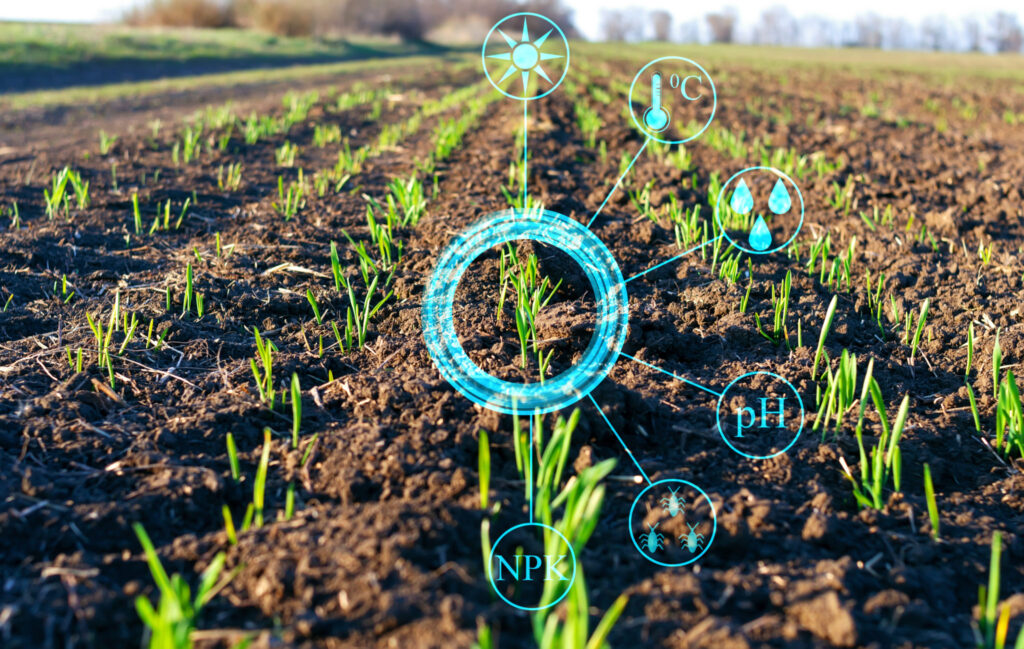
- Senegal, Sub-Saharan Africa (SSA)
- September 2023 - December 2025
- Resilient Livelihoods and Ecosystems
- Partner(s): Belmont Forum (Funder), IDEMA, Initiative Prospective Agricole et Rurale (IPAR), Orange-Sonatel, Paris-Lodron-University Salzburg (PLUS), Swedish Research Council (Funder)
Climate change (interlinked with humanitarian crises and other economic and health factors) could have led to internal resettlements, international migration, and other (new) forms of human mobility. However, the empirical link between various climatic conditions and migration outcomes was highly contested, and, to date, no unified theoretical approach had adequately captured the complexity and contextual dependency of climate-induced migration. To address this gap, CLIMB sought to develop a holistic approach which would allow a better understanding of the mechanisms and pathways underlying the climate-migration nexus, and to predict temporal-spatial mobility patterns in Africa and beyond. Specifically, we investigated how climate change might intersect with conflicts, poverty, and epidemics, among other adversities, and how these forces might operate in tandem in driving human migration, with a special focus on Africa.
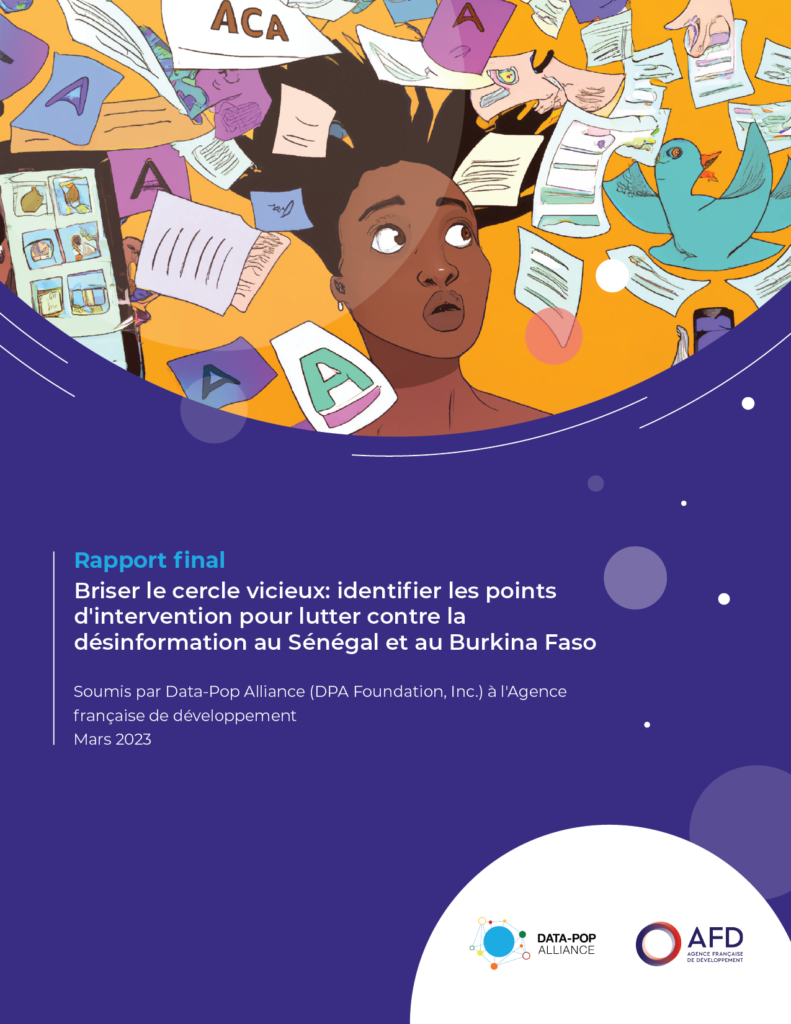
- Burkina Faso, Senegal, Sub-Saharan Africa (SSA)
- October 2022 - March 2023
- Technology and Democracy
- Partner(s): Agence Française de Développement - AFD (Funder)
DPA developed a comprehensive ecosystem approach to address the multifaceted nature of disinformation in two West African countries. Recognizing the need to examine disinformation beyond social media, our methodology considered the interconnected networks of online influencers, traditional media, and groups weaponizing (dis)information for socio-political purposes. We also investigated the underlying economic, political, and social motivations driving the weaponization of disinformation by powerful groups or individuals, and allowing false or inaccurate narratives to be anchored in society. This approach enabled pinpointing the most effective intervention points within the (dis)information cycle in Senegal and Burkina Faso, providing valuable insights and recommendations, particularly concerning the role of bilateral aid agencies such as AFD.
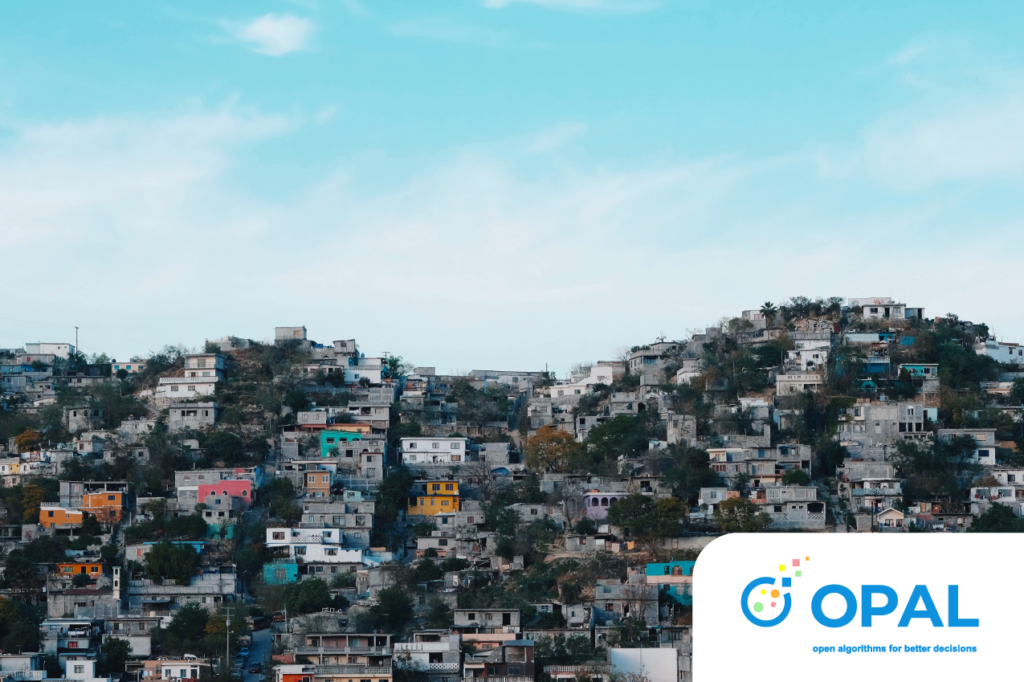
- Colombia, Mexico, Senegal
- May 2022 - Ongoing
- AI and Statistics for the SDGs
- Partner(s): INEGI México
“Open Algorithm (OPAL) for Public Data and Good” seeked to merge different “privacy enhancing techniques” (PETs), such as federated learning, differential privacy, and negative databases, to allow trusted third parties such as researchers or official institutions to analyze censuses or national surveys’ microdata produced by national statistical offices (NSOs), as well as other administrative records, to derive indicators using these data, while avoiding privacy risks. A pilot was expected to be conducted in Mexico, and DPA plans to expand to additional NSOs and other public data holders in the future.
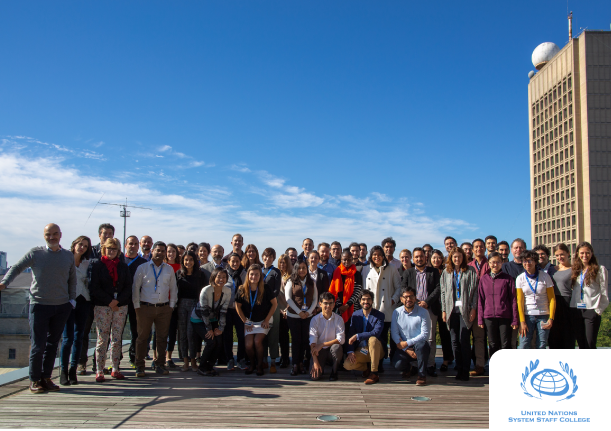
- Colombia, Kenya, Senegal, Thailand, Tunisia, USA
- 2016 - 2019
- AI and Statistics for the SDGs
- Partner(s): Comisión Económica para América Latina y el Caribe (CEPAL), Hewlett Packard, United Nations System Staff College (UNSSC)
Carried out in partnership with United Nations System Staff College (UNSSC), this series of courses aimed to help practitioners and policymakers develop and implement Big Data innovation projects, policies, and partnerships in support of sustainable development objectives. The content was structured into three main modules: contexts and concepts; methods and tools; and strategy and conception/ethics and engagement. The workshops were delivered in Cambridge at MIT (June 2016), Bogotá (December 2016), Nairobi (June 2017), Dakar (March 2018), Bangkok (March 2018), and the MIT Media Lab (October 2018). The same workshop was also conducted in Tunisia (April 2019) with support from UN Tunisie.
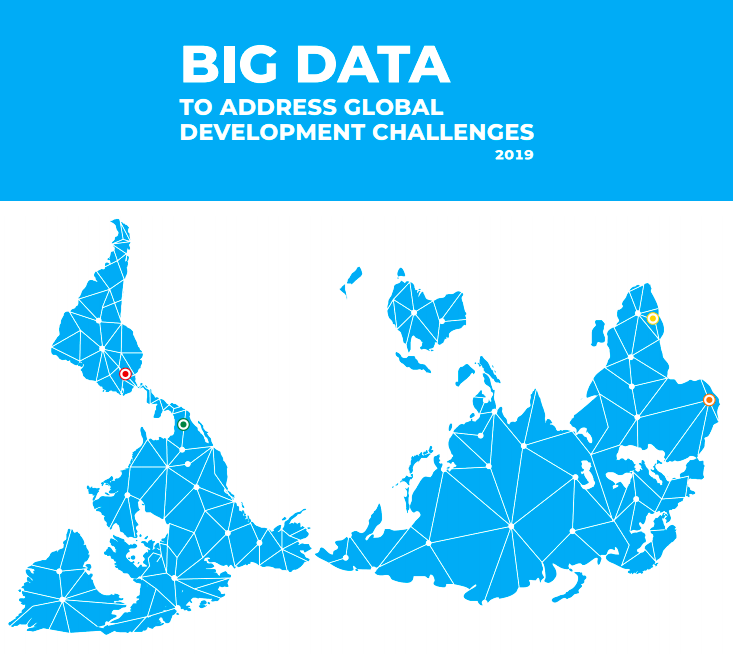
- Colombia, Latin America and the Caribbean (LAC), Mexico, Namibia, Senegal, Sub-Saharan Africa (SSA)
- 2016 - 2019
- Resilient Livelihoods and Ecosystems
- Partner(s): Agence Française de Développement - AFD (Funder), Cloud to Street, Flowminder, Harvard Humanitarian Initiative, MIT Media Lab, Overseas Development Institute
Four research papers were developed in collaboration with and funded by the Agence Française de Développement (AFD) between 2016 and 2019 under a joint program with Data-Pop Alliance and research partners (Cloud to Street, Flowminder, Harvard Humanitarian Initiative, MIT Media Lab, Overseas Development Institute) titled “Strengthening the evidence-base for leveraging Big Data to address global development challenges”. This research program and papers were designed with the following objectives and criteria in mind: to focus on various development challenges in different local contexts to ensure relevance; to work with trusted partners to ensure academic quality; and to both reflect and promote key determinants of sustainable development, including smoother, fairer, and safer access to data and stronger links between analysts, local decision-makers, and communities. Individually, these papers outlined specific cases and examples of how computational analysis of behavioral data (combined with other datasets) can paint a finer-grained, more complex, and dynamic picture of human reality than ‘traditional’ data allows. Collectively, they sketched the contours of a world where public decisions, in the form of policies and programs, might someday be designed, implemented, and evaluated using the best available data and approaches.
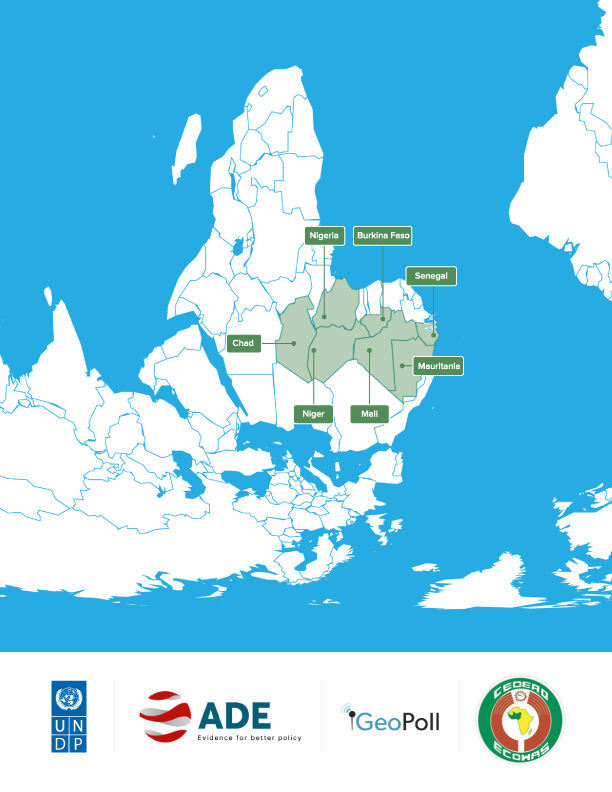
- Burkina Faso, Chad, Mali, Mauritania, Niger, Nigeria, Senegal, Sub-Saharan Africa (SSA)
- December 2020 - December 2021
- Resilient Livelihoods and Ecosystems
- Partner(s): ADE (Funder), Economic Community of West African States (ECOWAS), GeoPoll, UNDP Regional Hub for West and Central Africa (Funder)
In partnership with the UNDP Regional Office and the Economic Community of West African States (ECOWAS), DPA and ADE conducted assessments of the socioeconomic impacts of COVID-19 and the role of disaster risk governance (DRG) in seven countries of the Western Sahel and Lake Chad Basin (Burkina Faso, Chad, Niger, Nigeria, Mali, Mauritania, and Senegal). The study analyzed the impacts of the pandemic on macroeconomic health, human development, political governance, peace, and social cohesion, as well as the role of DRG institutions at the regional and national levels. The assessment utilized mixed methods with qualitative and quantitative data collection to produce seven country-level analyses, a regional comparative study, and a policy brief.
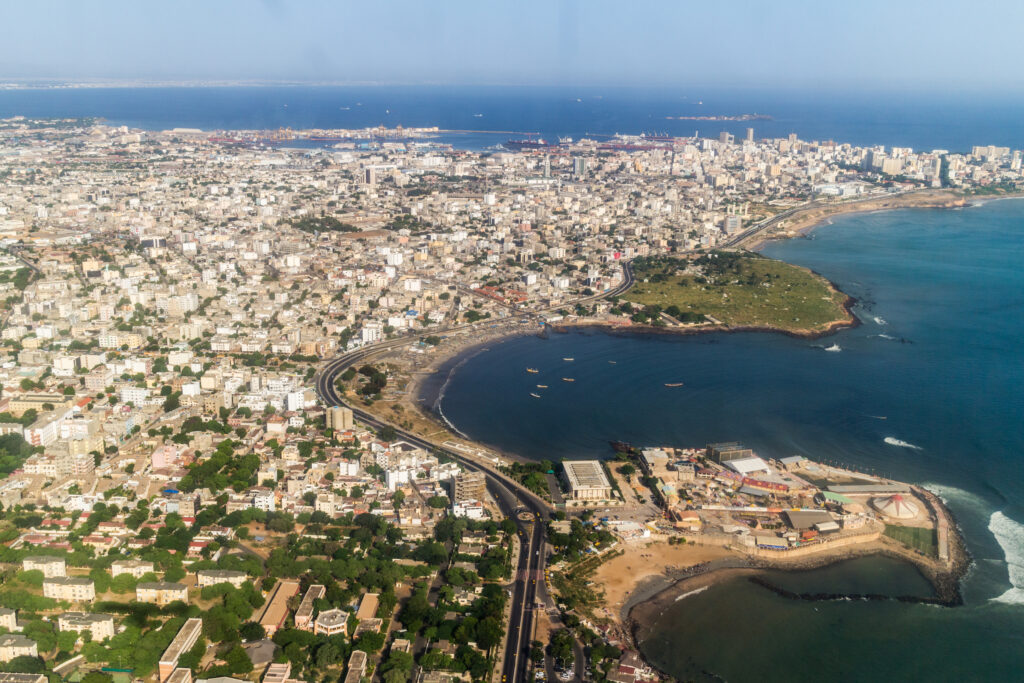
- Senegal, Sub-Saharan Africa (SSA)
- January - May 2023
- Just Digital Transformations
- Partner(s): GIZ, Ministère de la communication, des télécommunications, et de l'économie numérique (Senegal), Smart Africa (Funder)
DPA, in collaboration with Smart Africa and GIZ under the leadership of the Ministry of Communication, Telecommunications and the Digital Economy, led the development of Senegal’s National Data Strategy. The main objective was to identify all the measures and propose an implementation roadmap in order to:
(1) Enable the digital ecosystem to leverage the potential of data for economic growth;
(2) Promote innovation and the use of emerging technologies, with the reinforcement of skills and the development of a data culture; and
(3) Foster cross-border collaboration in terms of commerce and data in Africa, all while respecting privacy and human rights.
